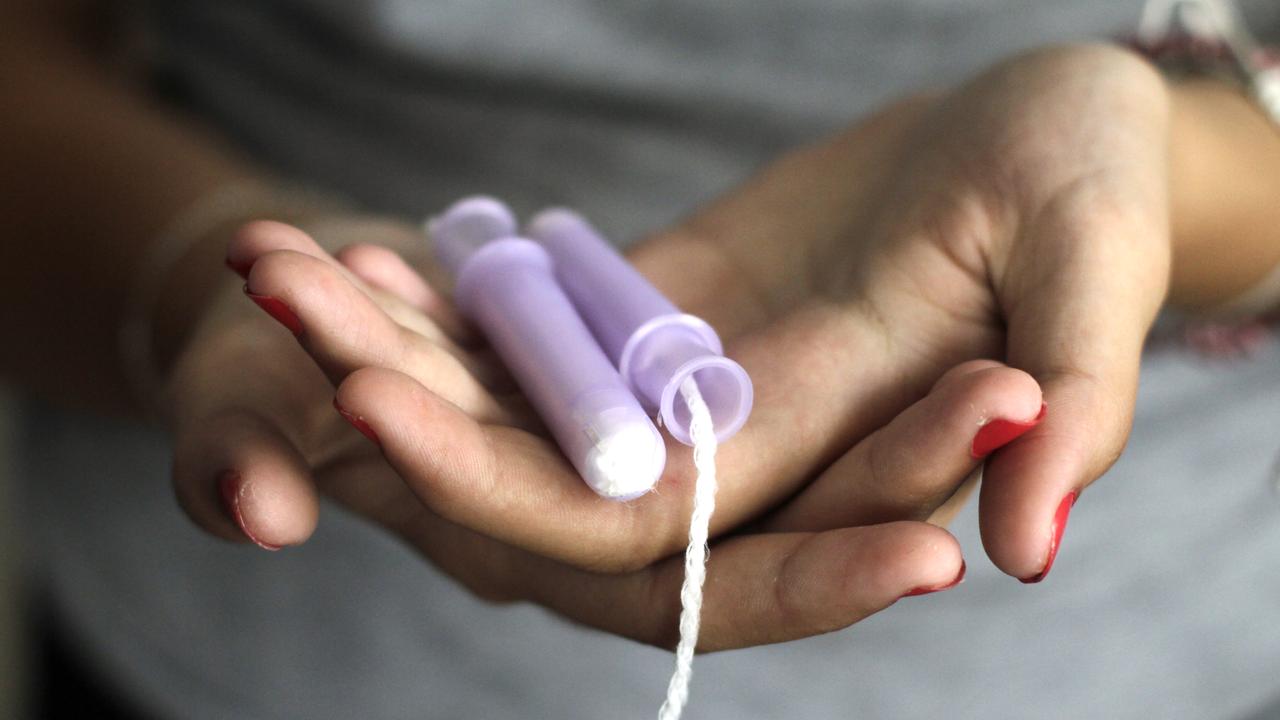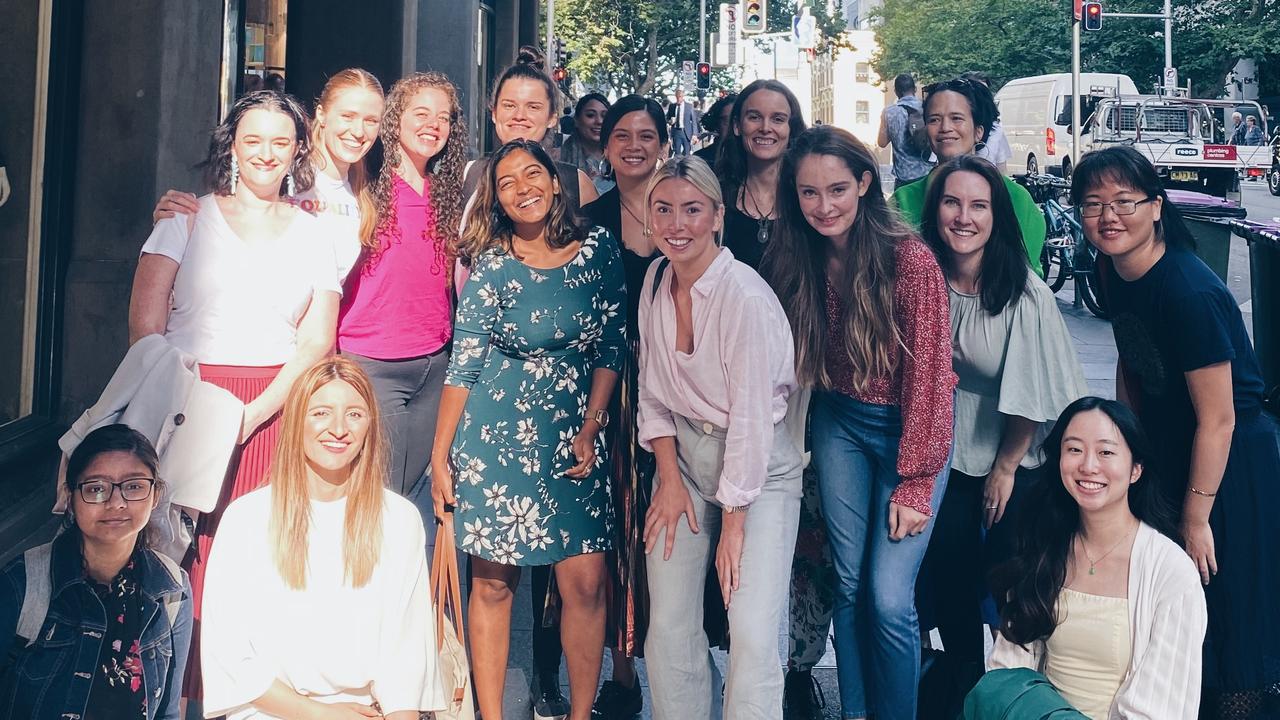Australian companies grant their female workers paid menstrual and menopausal leave
A company has introduced a radical plan to stop gender inequality in the workplace, but not everyone agrees it’s fair.

Some Australian companies are offering their female employees paid leave for painful periods or menopause in a bid to end gender inequality in the workplace.
Khaila Prasser, who works in HR at Future Super, is one of the first women to benefit from the policy.
In January this year, the retail superannuation company began offering six days of menstrual or menopausal leave a year for its women, as well as normal sick leave and annual leave on top of that.
Working on a project with two male colleagues, Ms Prasser’s period cramps became distracting so she took the rest of the day off.
“I hadn’t worked closely with them (the two colleagues) before,” she told news.com.au.
“On one of these days we had a lot of work to do, I ended up having the worst period pains.
“I told them, ‘I’m taking my period leave, I’ll be back tomorrow.’ It was awesome.”
RELATED: Barnaby’s women role a ‘terrible joke’

RELATED: Why Bumble is giving staff a paid week off
Ms Prasser, 30, has struggled with painful periods most of her life.
She has often lied to teachers, lecturers and bosses whenever she had to take time for her period, saying she was sick.
It’s “liberating” to be able to tell the truth, she said.
“(You’re) not supposed to talk about it (periods) at school. You get into the workplace and you’re not supposed to mention it.
“It’s not very dignified to have to lie.”

RELATED: Employees take pay cut to work from home forever
Ms Prasser was part of the team that devised Future Super’s “Bloody Good Policy”, based loosely on the same policy of the Victorian Women’s Trust, which gave employees menstrual leave way back in 2017.
Future Super has made their policy accessible on a Google Document, which can be viewed by anyone, so that any company can follow in their footsteps.
Since the period leave was introduced in January, about 22 per cent of female employees have used it.
Future Super has 60 employees, with about half being women.
Experts consider Australia to be leading the world in terms of menstrual and menopausal leave.
But not everyone thinks it’s a good thing.

Professor Marian Baird from the University of Sydney Business School said it remained to be seen whether the policy is a step forward or backwards for gender equality.
“On the one hand there are those including quite well known feminists who oppose it because it sets up another potential reason for employers to not employ women,” she told news.com.au.
“On the other hand there is growing evidence that … this is good not just for women, but also productivity.”
Prof Baird says after years of trying to make women treated the same as their male counterparts, menstrual leave “draws out the difference”.
“I would be cautious about policies that might give employers reasons to consciously or unconsciously not employ women,” she said.
However, she also pointed out that when maternity and paternity leave was first introduced, people opposed it.
Only time will tell how menstrual leave goes.
Most workers don’t take enough leave, especially new fathers entitled to paternity leave.
Prof Baird chalked this up to “stigmas”, as taking leave is often viewed as lazy workers.
“Very few people exploit their leaves, we know that in the data itself,” she said.
She expects the same will happen among female colleagues entitled to menstrual leave.

“I think we’re on the brink of a change; it’s a generational change,” Prof Baird said.
“Younger women are much more open about what goes on in their bodies. That taboo is going away.”
Indeed, Ms Prasser has noticed a change at Future Super since they introduced menstrual leave.
One worker was away and changed her work status to an emoji of a pad, signposting to colleagues she was off on menstrual leave.
“I don’t think it’s the woman who should feel embarrassed around it,” Ms Prasser said.
Continue the conversation | alex.turner-cohen@news.com.au | @AlexTurnerCohen



